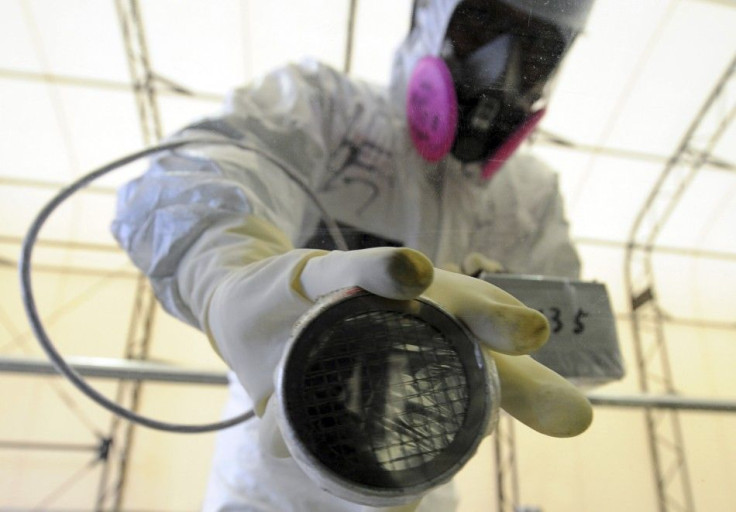South Korea Returns to Japan Scrap Metal Found with Traces of Radiation

South Korea has found that its imported scrap metals from Japan bore traces of radiation. It has announced it will return the items to Japan immediately.
South Korean news agency Yonhap said the contaminated products were part of a 20-tonne shipment of scrap metal that arrived on Thursday at a seaport in South Korea's southeastern Gyeongsang Province.
Checked and tested by the Nuclear Safety and Security Commission, the latter found traces of Caesium-137 in 20 kilograms of scrap metal.
Yonhap said the radioactive scrap metal had been quarantined in a facility.
"The commission has installed radiation detectors at all major ports to prevent an inflow of contaminated materials," the Nuclear Safety and Security Commission said in a statement.
South Korea imports steel scraps from various countries for recycling.
South Korea currently has a ban deterring the import of fishery from eight Japanese prefectures, including Fukushima.
Caesium-137, or radiocaesium, is a radioactive isotope of Caesium formed as one of the more common fission products by the nuclear fission of Uranium-235 and other fissionable isotopes in nuclear reactors and nuclear weapons.
Small amounts of Caesium-137 were released into the environment during the latest nuclear accident in Japan in 2011, the Fukushima Daiichi disaster.
In July 2011, meat from 11 cows shipped to Tokyo from the Fukushima Prefecture was found to have 1,530 to 3,200 becquerels per kilogram of Cs-137, exceeding the Japanese legal limit of 500 becquerels per kilogram at that time.
In March 2013, TEPCO, the Japanese utility that operates the tsunami-damaged nuclear power plant, said it detected a record 740,000 becquerels per kilogram of radioactive caesium in a fish caught close to the plant, which was 7,400 times the government limit for safe human consumption.





















